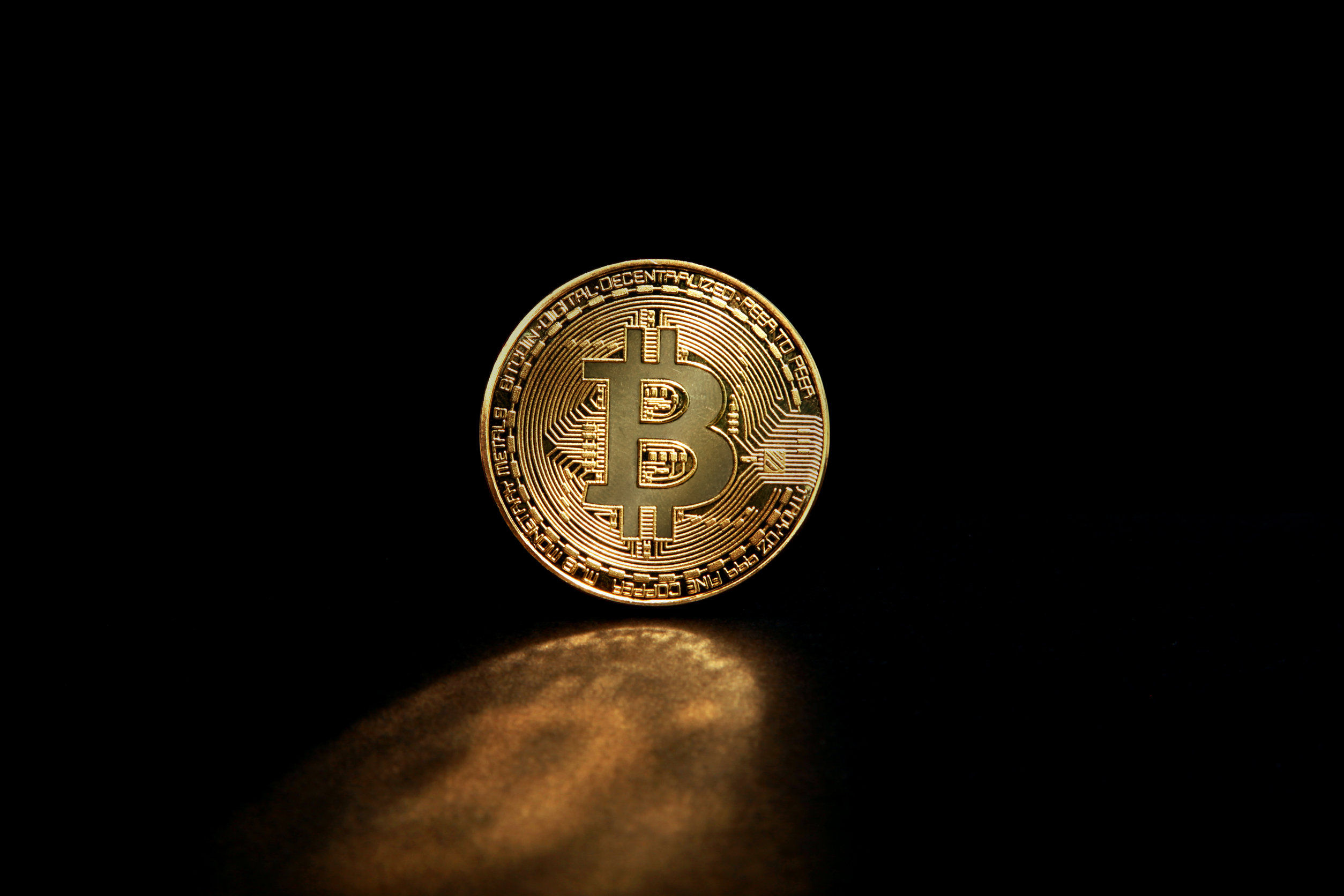- Bitcoin is becoming increasingly popular as a payment method, with businesses and individuals turning to it for transactions.
- This popularity has led to increased demand and, in turn, higher fees.
Transaction fees are integral to any cryptocurrency trade as they incentivize miners who validate exchanges on the blockchain. They also deter malicious actors attempting to spam the network with spam transactions. As the number of transactions on the network increases, so does the demand for block space, leading to a rise in transaction fees.
Over the past three months, average Bitcoin transaction fees have skyrocketed by 900%. Per a BanklessTimes.com report, average BTC transaction fees were around $1.5 on February 10, 2023. But these had jumped to $15.56 on May 10, 2023.
Bitcoin Ordinals and Soaring Transaction Fees
The primary reason behind this drastic increase is the introduction of Ordinals onto the Bitcoin Network. Ordinals are a new integration into Bitcoin’s blockchain, supporting the creation of non-fungible tokens (NFTs) and BRC-20 tokens. The latter is central to the creation of meme coins.
NFTs and meme coins have become increasingly popular amongst investors and traders. That has resulted in a growing demand for their transactions on the BTC network, consequently pushing up transaction costs.
BanklessTimes’ CEO noted:
The CEO of BanklessTimesOrdinals are driving up demand for transactions and pushing up prices on the Bitcoin network. And while that’s great news for miners, it isn’t so for small-scale transactors. The rise in NFTs and BRC-20 is straining the blockchain due to its limited block size and scalability issues.
What’s the Impact of Surging BTC Transaction Fees?
As stated before, the skyrocketing transaction fees impact BTC miners and end-users. Miners prioritize transactions with higher fees, meaning those with lower fees may take longer to process. This has affected small-scale exchanges on the network, where users now have to pay more to confirm them.
High transaction fees can put small-scale transactors in a challenging spot since they’d be less inclined to use Bitcoin for smaller exchanges. Fortunately, the Lightning Network is an alternative option popular among users.
Built on top of the Bitcoin blockchain, the Lightning Network operates as a second layer for the Bitcoin network. It allows users to process transactions more quickly and for a significantly lower fee.
What Does the Future Hold?
If this trend continues, it could lead to serious implications such as centralization of mining power due to higher profits from larger block rewards or even a decrease in overall usage of Bitcoin due to its expensive nature compared with other blockchains like Ethereum or Litecoin.
It remains to be seen how long these high transaction fees will remain. But one thing is certain; If left unchecked, these high transaction fees could further centralize mining power and limit user access to certain services within the cryptocurrency space.
Thus, developers and miners must ensure that Bitcoin remains accessible to all users regardless of their financial capabilities or geographical locations. As the industry searches for long-term solutions, experts have urged the Bitcoin network to address high transaction fees.
He states that lowering transaction fees would improve Bitcoin’s reputation and increase its use case and appeal.













